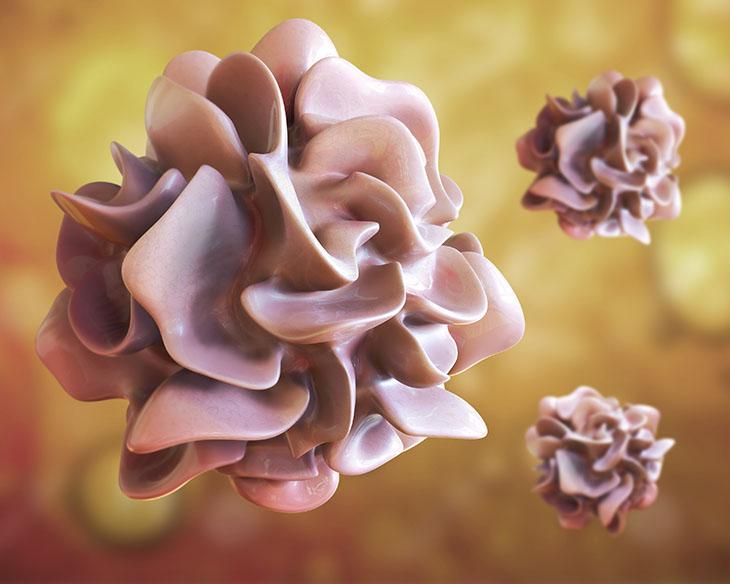
Melanomas have an especially lethal ability to turn off the body’s immune system, which enables these deadly skin cancers to grow and spread.
And while new therapies have been effective in releasing the immune system’s restraints to unleash the body’s own cancer-fighting powers, they only work in about half of melanoma patients and often lose their potency as the cancer develops resistance.
Now a research team at the Duke Cancer Institute has found a new way to keep the immune system engaged, and is planning to test the approach in a phase 1 clinical trial. The findings are reported online in the Jan. 16 issue of the journal Immunity. 
“Understanding how cancers suppress the immune system is the key to identifying more effective immuno-therapies,” said Brent Hanks, M.D., Ph.D., at Duke and senior author of the study. “Our research is an important step in that direction. We’ve identified a new mechanism of immunotherapy resistance that appears to be reversible, potentially enhancing the effect of the therapies we now have.”
Hanks and colleagues, studying genetic mouse models of melanoma and verifying the findings in human specimens, focused on immune system messengers called dendritic cells. These cells are on high alert for pathogens such as viruses, bacteria and even tumor cells, signaling the body’s T-cell immune fighters into action when sensing harmful invaders.